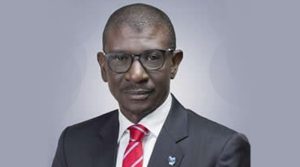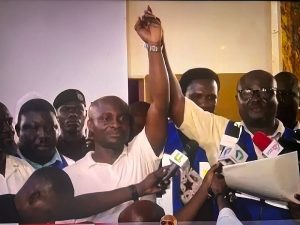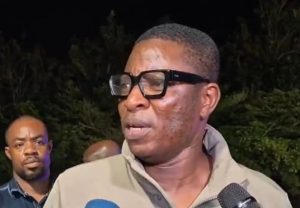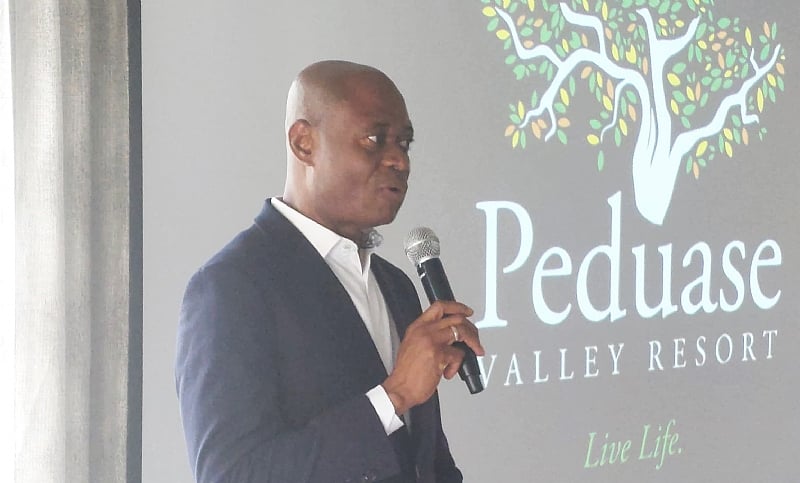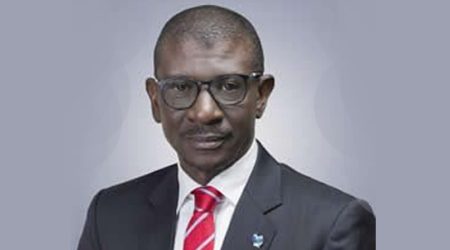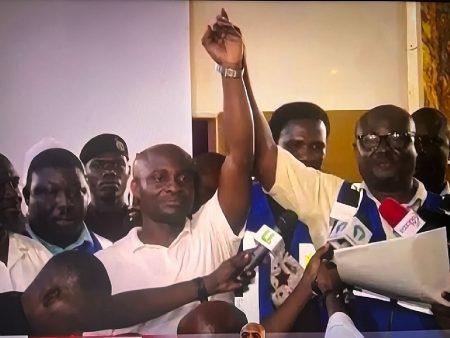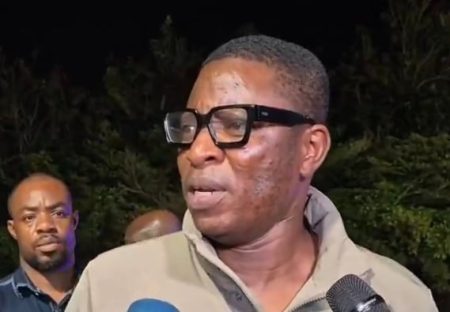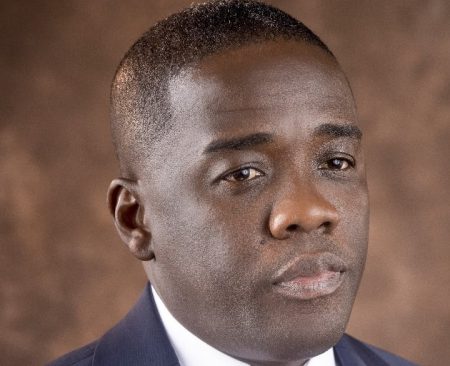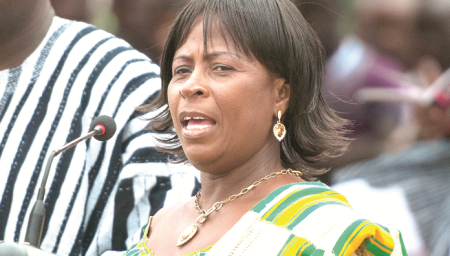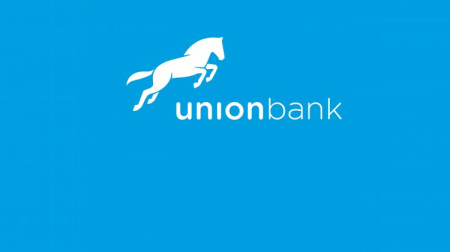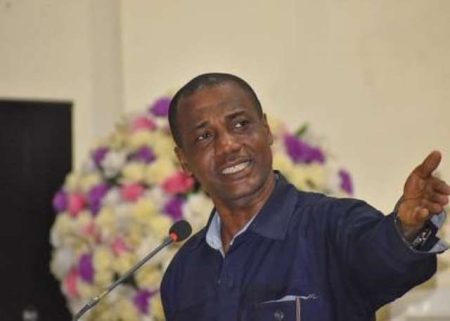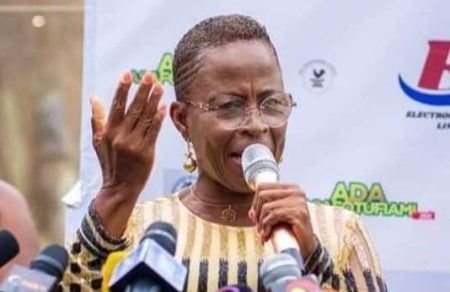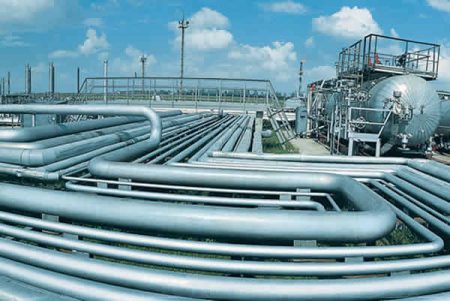Paragraph 1: Ghana’s mining sector is poised for significant legal reform as the government seeks to modernize its regulatory framework. Alhaji Yusuf Sulemana, Deputy Minister for Lands and Natural Resources, has emphasized the need to amend the Minerals and Mining Act, 2006 (Act 703) to reflect the dynamic nature of the industry and address current challenges. The Act, though instrumental in the sector’s development, requires updating to align with evolving best practices and the country’s developmental goals. This call for reform comes amidst growing concerns over illegal mining activities and the need for enhanced environmental protection. The proposed amendments aim to strengthen national ownership of mineral resources and ensure a more equitable distribution of benefits.
Paragraph 2: The initiative to revise the mining legislative framework gained momentum during a stakeholder engagement held in Kitase, Eastern Region. Organized by the Minerals Commission, the workshop brought together selected journalists from across Ghana to discuss the review of the 2014 mining policy and proposed legal amendments. This engagement was part of a broader collaboration between the Minerals Commission and the Ghana Journalists Association (GJA) to enhance the media’s understanding of the mining sector. Recognizing the crucial role of the media in holding stakeholders accountable and promoting transparency, the workshop sought to equip journalists with the necessary knowledge and skills to effectively report on mining activities.
Paragraph 3: Among the key areas targeted for reform is the Mineral Development Fund, established in 2016. While lauded as a significant step towards equitable resource distribution, the fund’s implementation requires further refinement to maximize its impact on mining-affected communities. The deputy minister stressed the vital need for alignment between legal reforms and development initiatives within mining districts. He further emphasized that national ownership of mineral resources is paramount, advocating for a more inclusive approach to policy development and implementation. This will ensure that all Ghanaians benefit from the country’s mineral wealth.
Paragraph 4: Outgoing Chief Executive Officer of the Minerals Commission, Mr. Martin Kwaku Ayisi, also voiced strong concerns regarding existing development and stability agreements within the mining sector. He described these agreements as “terrible” and requiring urgent reform. Highlighting the need for a more rigorous and transparent framework, Mr. Ayisi noted that while other African nations have adopted Ghana’s model for prospecting licenses, they have often implemented it more effectively. He proposed a new provision that would limit the renewal of prospecting licenses to two terms after the initial three-year period, effectively capping the total duration at nine years. This is intended to encourage more efficient exploration and prevent speculative holding of licenses.
Paragraph 5: The proposed limitations on prospecting license renewals address a key concern within the mining sector: the potential for licenses to be held without significant exploration activity. This can stifle development and prevent other potential investors from accessing potentially valuable mineral resources. By capping the total duration of prospecting licenses to nine years, the government aims to encourage active exploration and promote a more dynamic and competitive mining environment. This reform, combined with other proposed amendments, seeks to maximize the benefits of Ghana’s mineral wealth for all stakeholders.
Paragraph 6: The initiative to engage the media in the reform process underscores the government’s commitment to transparency and accountability. GJA President, Mr. Albert Dwumfour, commended the Minerals Commission for its proactive approach in training media practitioners on the commission’s laws and operations. Recognizing the media’s influential role in shaping public discourse, Mr. Dwumfour urged journalists to intensify their monitoring of mining activities nationwide and play a more active role in environmental protection. He stressed the urgency of addressing illegal mining activities, which pose a significant threat to the environment and the livelihoods of communities. Mr. Dwumfour encouraged participants to leverage the training to deepen their understanding of mining regulations and enhance the accuracy and quality of their reporting on the sector. This collaboration between the government, the Minerals Commission, and the media signifies a collective effort to ensure responsible and sustainable mining practices in Ghana.


